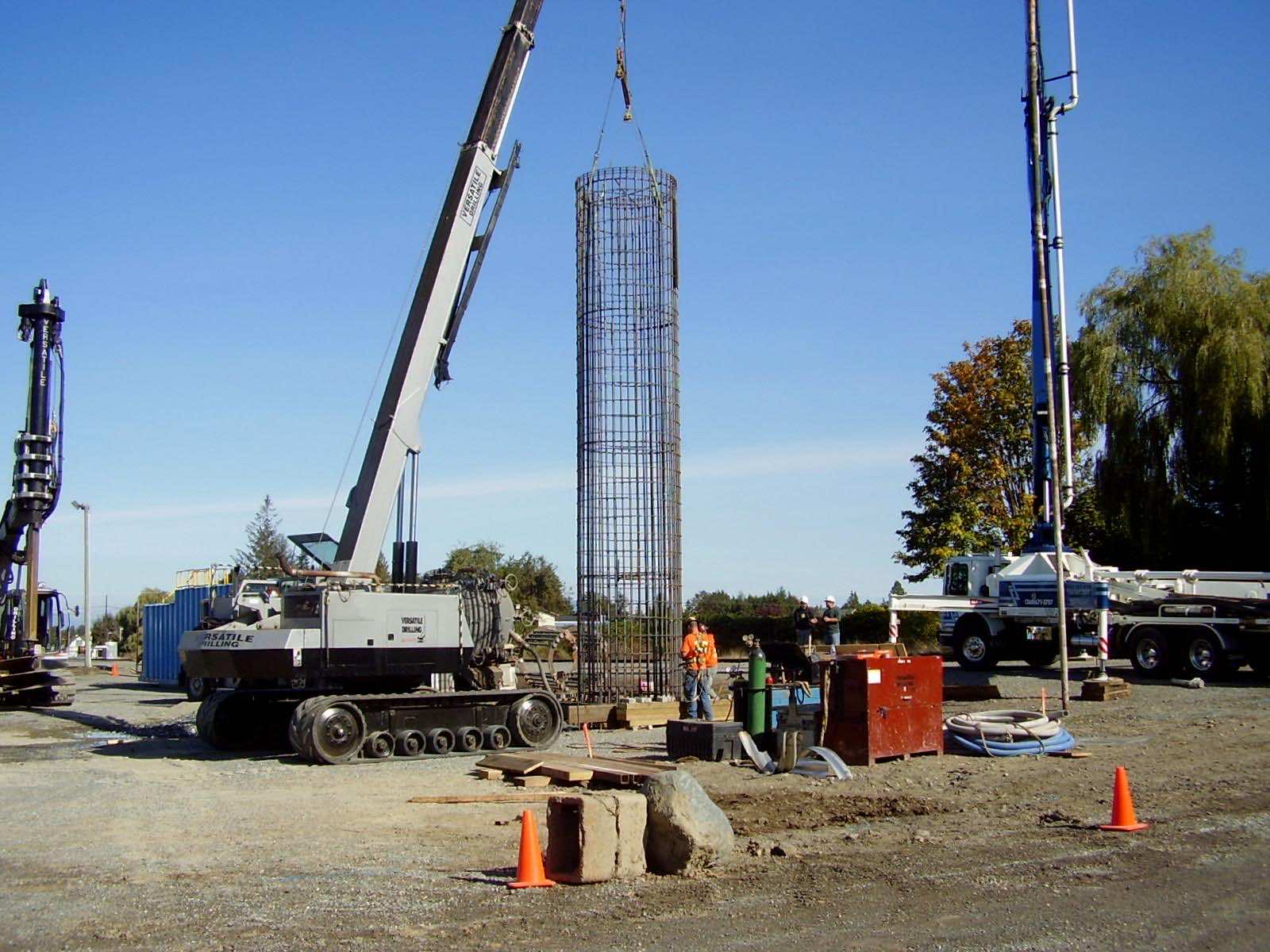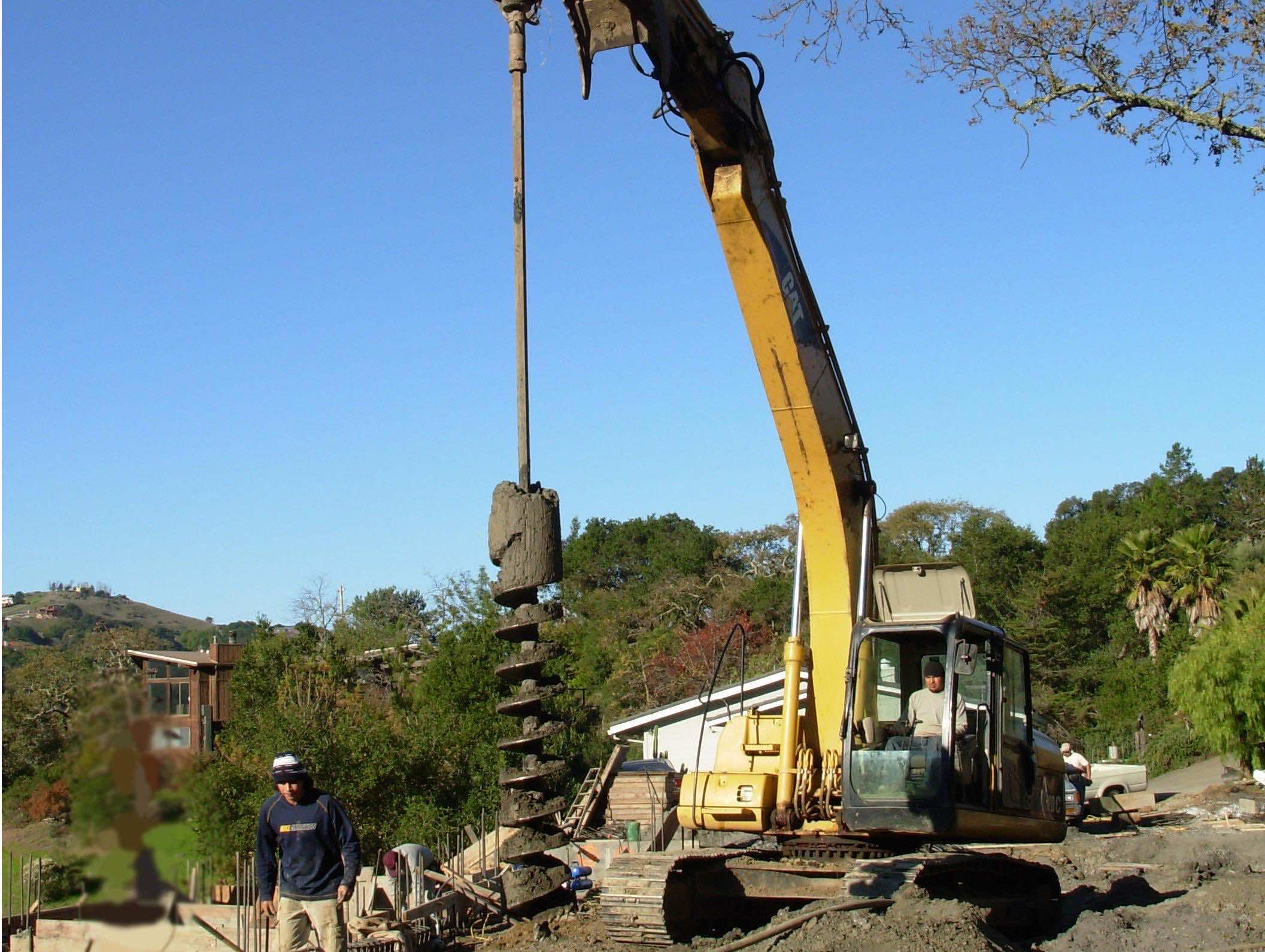The Dynamics Of Geotechnical Engineering In Civil Infrastructure

Geotechnical Engineering is a very important branch of civil engineering that involves the application of principles of soil and rock mechanics to investigate and analyze subsurface conditions, materials, and rocks. It is responsible for providing technical support, design, and construction recommendations for the construction of infrastructure, as well as ensuring the safety of structures that are built on, or in connection with, soil or rock formations.
Introduction
Geotechnical Engineering is an essential component of any civil engineering project, as it provides a crucial understanding of the geology, soil composition, and other aspects of a particular site. This knowledge is vital for the design and construction of all types of structures, including buildings, bridges, roads, tunnels, and dams. Without proper investigation, analysis, and testing, structures built on unstable soil or rock formations can be at risk of settling, shifting, or even collapsing.
The geotechnical engineer is responsible for testing soil and rock samples and analyzing them to determine their properties, including their strength, compressibility, and permeability. They use this information to develop recommendations for foundation design and construction, as well as to assess the risks associated with a particular site. They may also be involved in conducting geophysical surveys, monitoring land movements, and providing site-specific hazard assessments.
FAQ
What are the key responsibilities of a geotechnical engineer?
A geotechnical engineer is responsible for investigating soil and rock formations at a particular site and analyzing the data to provide design and construction recommendations for foundations and other structures. They may also be involved in conducting geophysical surveys, monitoring land movements, and providing hazard assessments for specific sites.
What are some typical geotechnical engineering projects?
Some typical geotechnical engineering projects include the design and construction of foundations and retaining walls, soil improvement and stabilization, slope stability analysis, dam and embankment design, and mining engineering.
How does geotechnical engineering benefit society?
Geotechnical engineering benefits society in a variety of ways, from ensuring the safety and stability of infrastructure to protecting the environment. By understanding the geology and soil composition of a particular site, geotechnical engineers are able to design and build structures that are safe and able to withstand natural disasters, such as earthquakes and landslides. They also work to minimize the impact of human activities on the environment by designing waste containment facilities and monitoring landfills.
What are some of the challenges facing geotechnical engineering?
One of the biggest challenges facing geotechnical engineering is the increasing complexity of underground systems, such as tunnels and underground facilities. This requires sophisticated equipment and methods for investigating and analyzing subsurface conditions, as well as innovative design approaches to ensure the safety and stability of structures. There is also a need for more sustainable and environmentally friendly solutions, as well as new methods for dealing with natural disasters and other hazards.
Conclusion
Geotechnical Engineering is a critical component of civil engineering that plays a vital role in ensuring the safety and stability of structures. Its application involves the investigation, analysis, and testing of subsurface conditions, materials, and rocks, and the development of recommendations for design and construction. While there are many challenges facing geotechnical engineering, there are also many areas of innovation and opportunity, as well as potential for improving sustainability and protecting the environment.


Post a Comment for "The Dynamics Of Geotechnical Engineering In Civil Infrastructure"